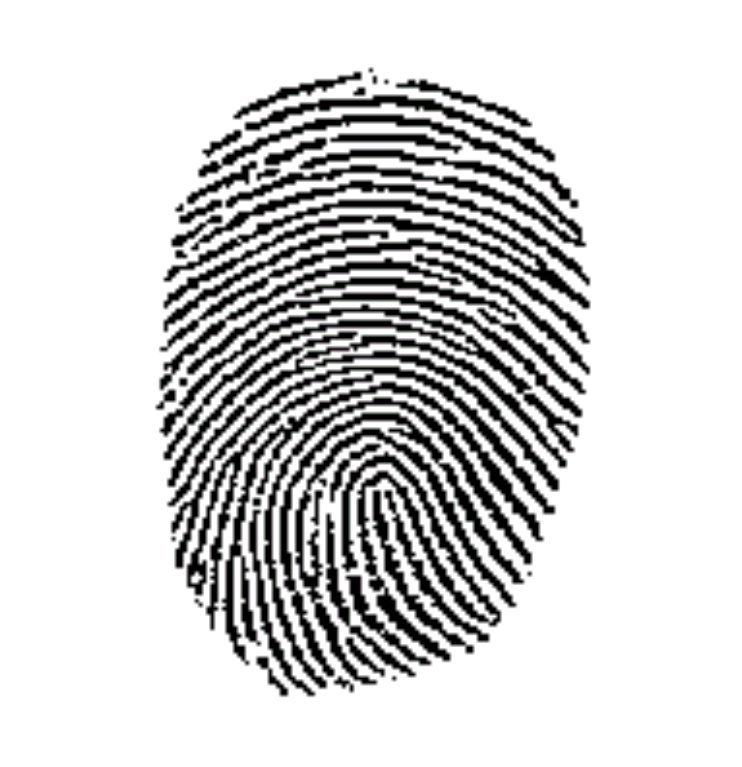Agudath Israel supports fingerprinting bill
Local attorney champions the cause
By Michael Orbach
Issue of Nov. 14, 2008 / 17 Cheshvan 5769
Elliot Pasik, a local lawyer, celebrated a minor victory this past week as Agudath Israel of America announced they will actively support a bill that would require non-public schools to fingerprint and perform background checks on prospective employees. Pasik and his organization, Jewish Advisory Board for Children, have been working towards getting the same legislation available for children’s protection in public schools –– finger-printing, background checks, teachers as mandated reporting — in the non-public school system.
The change by Agudah was somewhat inadvertent and brought about by a combination of factors. Heightened awareness of the dangers of sexual abuse inside the Jewish community focused media attention on the issue and the Rabbinical leadership’s response to it. In September, The Jewish Week erroneously reported that Agudah was against mandatory fingerprinting, a charge that was corrected in the following week, but to some extent the charge reverberated and led to an officially change in policy.
According to Rabbi Dovid Zwiebel, Agudah’s executive vice president of Government Affairs, Agudah’s Rabbinical leadership was never opposed to the mandatory fingerprinting bill, but before supporting it they wanted to see how the voluntary version of the bill was enacted.
“It was never out of a sense that this is a bad idea and we don’t want our schools to do it,” Zweibel told The Jewish Star.
At a meeting convened two weeks ago, Agudah’s leadership decided, despite their hesitations, to support the mandatory fingerprinting bill.
“We’d be happier if there was some experience [with the voluntary bill],” Zwiebel said, “but it’s not worth allowing our position to be distorted as being in some ways not supportive of finger printing.”
“Fingerprinting happens to be a tool among a larger array of things that need to be done and frankly it’s not the most powerful tool.” Zwiebel continued. “It’s being used by the rest of society and there’s good reason why we ought to use the tool for whatever it’s worth.”
Zwiebel also stressed that Agudah had been active in combating sexual abuse in the Jewish community, like creating their own teacher registry for their Torah U’Mesorah schools.
New York public schools have mandated fingerprinting and background checks since 2001 and have successfully screened out 1400 employees with criminal histories. Ohio became the 12th state to require fingerprinting for non-public school employees.
Speaking about the negative attention the Agudah’s response to the sexual abuse scandal received from blogs, Zwiebel was remarkably candid:
“[Sexual abuse] is an issue which has come out of the closet in a certain sense and is engaging the attention of our community and its leadership and that’s ultimately a good thing. That’s why it’s hard for me to be totally annoyed with some of the excesses of the blogword. Their outrage, anger, and sometimes excessive advocacy and negativity towards the establishment, it’s a terrible thing, but at the same time, I know that their hearts are in the right place and it is stuff to be very upset about. Is Agudah a fair target? I think we could always use a healthy dose of introspection and honest assessment of how well we as a society have performed in this area and lots of other areas.”
Pasik said Agudah’s decision was equally significant to the Rabbinical Council of America resolution he helped draft in May 2005 that supported mandatory finger-printing. Though for the Agudah, which traditionally represents a more right-wing population than the RCA, and has historically avoided government intervention, the move is a strong one.
“It reflects a desire to remove whatever shadow of ambiguity may be placed over the thinking of the rabbis on the topic,” Zwiebel asserted. “In other contexts where that is not an issue, our preference would be to do the right thing, because it’s the right thing to do, not because the government forces you to.”
Pasik views fingerprinting as the norm.
“Mandatory fingerprinting is as basic as putting fire extinguishers in classrooms,” he said. “I’m glad that the ultra-orthodox group has acknowledged the times that we live in.”
Despite Agudah’s support, passage of the bill is by no means guaranteed. The bill passed in the senate by 60-1, but Speaker Sheldon Silver twice prevented it from coming to the floor in the Assembly. When asked for comment, Judy Rapfogel, a spokesperson for the Speaker remained non-committal.
“We were very proud to pass the [voluntary] fingerprinting bill to make it available for yeshivot to utilize that avenue,” Rapfogel said.
The Jewish Star originally reported that Silver was pressured from parents and yeshvia principles to oppose the bill. With Agudah support that may not occur again.
Pasik assured The Jewish Star that the news is a welcome development, though he was quick to add that there were still other measures that needed to be taken in the non-public school system like mandatory reporting and mandatory abuse prevention, as well as extending the mandatory bill to include current employees. The pen that Governor Pataki used to sign the first voluntary finger-printing bill is framed on his office wall.
“It’s another stepping stone. It’s a victory when the governor signs the bill,” Pasik said. “This is like winning the first-round of the playoffs, but we’ve got two more rounds and the World Series. It’s like winning the primary in Ohio.”
UPDATE for the record:
This article in the Nov. 14, 2008 issue about mandatory fingerprinting for non-public school teachers misspelled the name of the executive vice president for government and public affairs of Agudath Israel of America. He is Rabbi David Zwiebel. The spelling has been corrected above.






